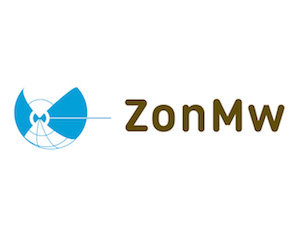
Epilepsy is a group of long-term neurological disorders characterized by epileptic seizures, sudden disruptions of the brain’s normal electrical activity accompanied by altered consciousness and/or other neurological and behavioural manifestations (generalised seizures, absence seizures or myoclonic seizures). Together, this group of disorders is one of the most common neurological disorders, affecting 1-2 in 100 people worldwide (65 million patients). Seizures can vary from brief and nearly undetectable to long periods of vigorous shaking and result of excessive and abnormal cortical nerve cell activity in the brain. This abnormal activity can usually be detected by electroencephalography (EEG). Seizures tend to recur, and have no immediate underlying cause while seizures that occur due to a specific cause are not deemed to represent epilepsy.
Epilepsy can be caused by genetic factors or acquired, although in most cases it arises in part from both. People develop epilepsy as the result of brain injury or stroke. The Epilepsy Phenome/Genome Project (EPGP) a consortium of 27 medical centers from around the world, has identified 329 random genetic mutations associated with two of the most severe forms of epilepsy. In addition, several genes have been associated with epilepsy through family-based studies.
Epilepsy cannot be cured, but seizures are controllable with medication in about 70% of cases. In those whose seizures do not respond to medication, surgery is considered.
The iPS center is currently studying several mutations in the STXBP1 gene found in patients suffering from West/Ohtahara syndrome
2026 © iPS Center. All Rights Reserved. Privacy Policy | Terms of Service

